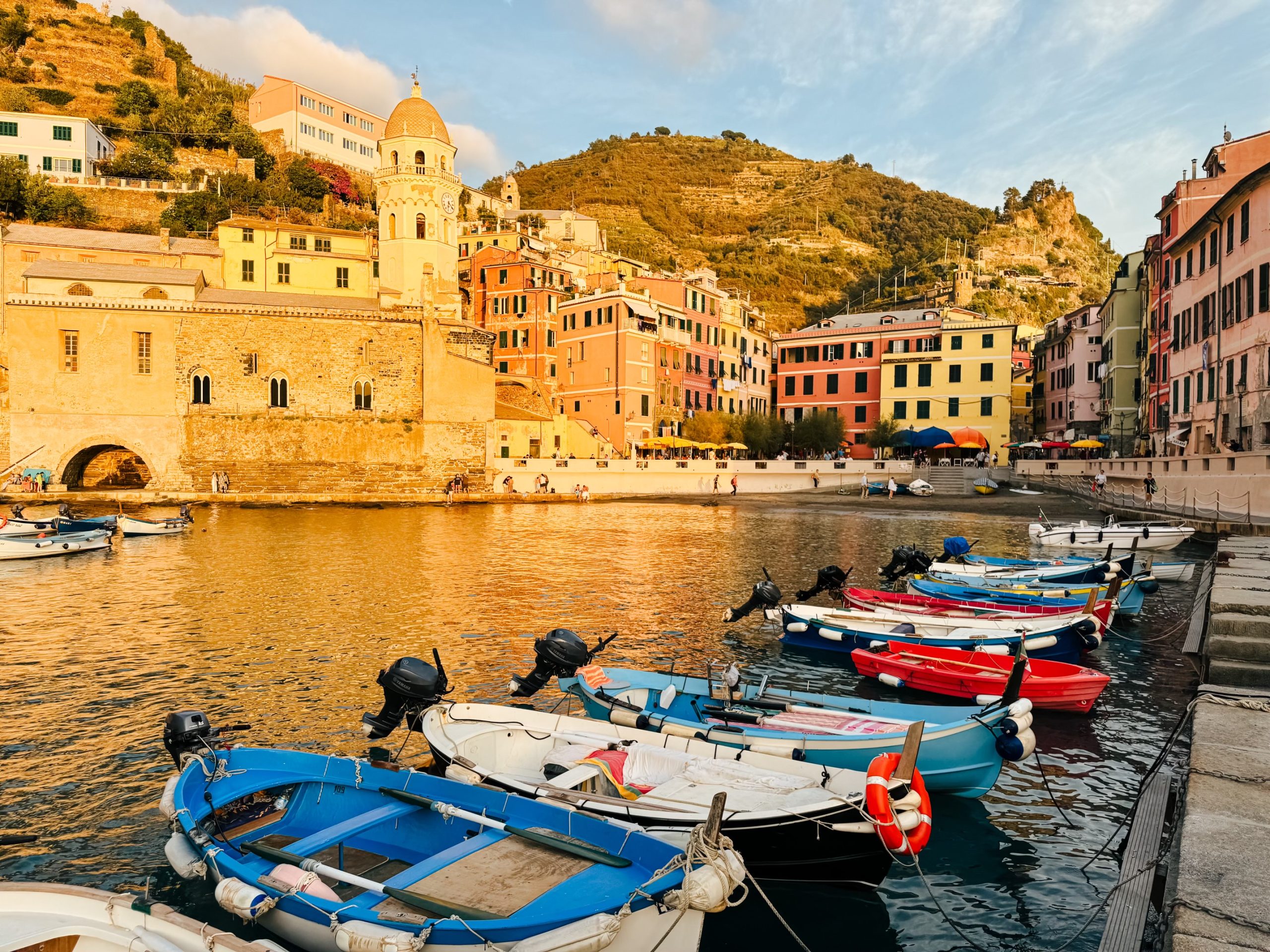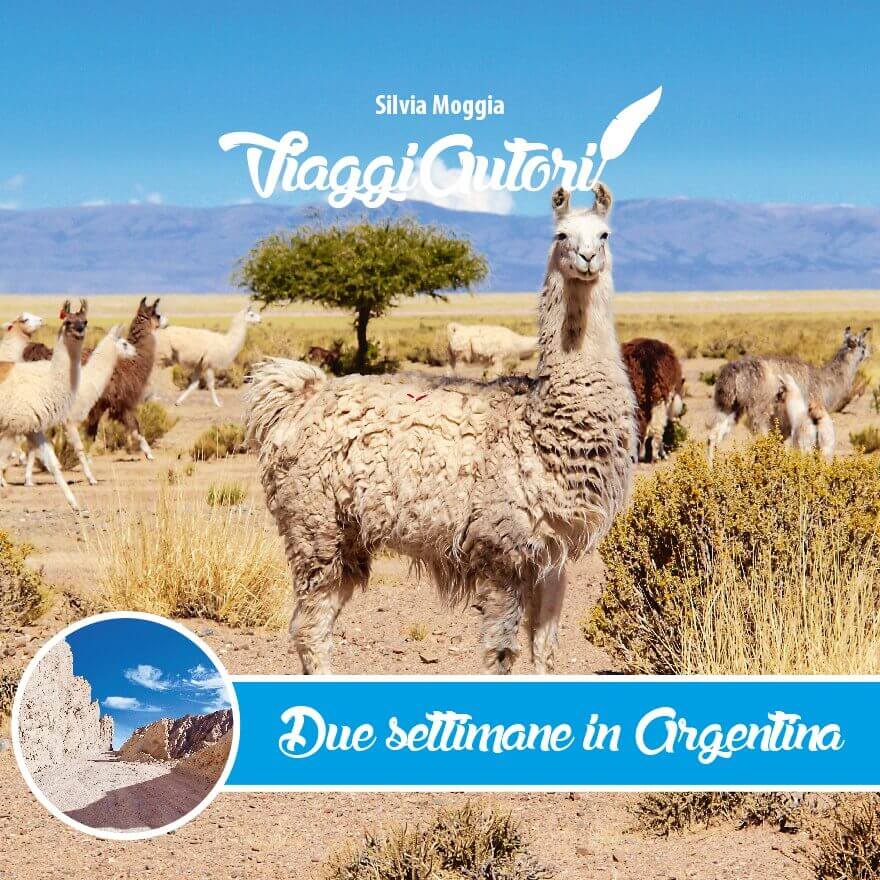Do you remember the Greta effect and the resulting Scandinavian impetus favouring tourism sustainability? Despite the traumatic stop due to the pandemic, those trends have not changed; indeed, if anything, they received an apparent acceleration, and the issue of tourism sustainability has become central at all latitudes.
However, the term sustainable does not have a unique meaning, not even when discussing tourism, but is based on a series of concepts and areas of relevance and development.
- Environmental sustainability in tourism is a multifaceted issue. It involves tackling climate change, pollution, and carbon emissions and implementing political and corporate measures to protect biodiversity, reduce natural resource consumption and fossil fuel dependence, and promote renewable energy. For instance, tourism’s high water usage for baths, swimming pools, golf courses, and spas poses significant water supply and management challenges, often leading to conflicts with local communities over resources.
- Socio-cultural sustainability concerns the quality of life and well-being of the local population. We range from human rights to access to sources of livelihood for specific destinations in Africa or Latin America, up to the right to a decent wage, from equality and democratic freedoms for tourist destinations politically administered by dictatorial regimes to the issue closest to us concerning the management of flows and the resident-tourist relationship of destinations subject to over-tourism.
- Economic sustainability is then the ability of a specific locality to achieve a given economic growth that can support the local population. In this regard, tourism seems to be the main instrument and objective in recent decades because it can create employment (less so when it comes to private accommodation listed on Booking or Airbnb, almost always managed by prominent real estate companies and not needing employees…), democratise digitalisation and technological progress and support and develop the private sector.
Travelling in a sustainable and respectful way
“No more tourists”, “tourists go away”, “No to British tourists on the beach”-these are not just random phrases, but urgent pleas echoing across the globe. They are not just directed at specific groups, but at all tourists, regardless of their mode of travel or destination.
The “no to tourists” is a common factor in all the most popular destinations for foreign visitors, primarily cities of art, cruise ports and places now on the most trivial bucket list, like Cinque Terre, Provençal villages or Cornish coastline.
The writings on the walls by residents have been telling us this since the end of 2018, and their number is multiplying everywhere in Europe just as the restrictive measures adopted to stem the impact of the flows are multiplying, starting mainly from questions of etiquette.
Decorum first, because the main issue arises when tourists expect to behave everywhere as they do at home. Are they really rude, noisy, ecologically and energetically unsustainable and disrespectful at home?! This is a reminder to be aware and considerate of the local cultures and environments we encounter during our travels.
Our world is a wealth of diverse knowledge and rich traditions. Tourism is an unparalleled opportunity to learn about and celebrate other cultures. Travel also involves learning how to behave in different regions of the world and grow.
Exploring a new place can change your life, but you can also change that place and the lives of those who live there – for better or worse.
Unfortunately, tourism doesn’t always leave behind a positive impact. But here’s the inspiring part: during your travels, you’ve likely witnessed the consequences that tourism can have on nature, people, and cultures. While your individual impact may seem trivial, when you consider that over 1.2 billion people travel each year, the combined effects can be substantial. From dying coral reefs and air pollution to income inequality and culture loss, our trips can potentially cause irreversible damage. However, by choosing to travel responsibly, we can turn the tide and make a positive change.
By making informed travel decisions, you hold the power to lessen your personal footprint. Your actions, no matter how small they may seem, can contribute significantly to combating some of the world’s most pressing issues. This empowerment is the key to responsible travel.



Making informed travel decisions
As a traveller, your actions can play an important role in preserving these remarkable cultures. However, a lack of traveller awareness and respect can also lead to harmful impacts such as cultural homogenisation, community hostility, and degraded heritage sites.
Running my boutique hotel in the Cinque Terre area and as a tourist management consultant, I have the chance to partner with Sustainable Travel International, a mission-driven organisation that protects and conserves our planet’s most vulnerable destinations. They recently issued a sort of sustainable travel vademecum to which I added a few extra personal tips.
- Observe local standards of dress. Be aware of cultural norms and present yourself so as not to offend anyone. Take a cue from what the locals wear and as a general guideline, dress modestly, especially at any religious sites.
- Be aware of body language. Many gestures have different meanings in other cultures – sometimes offensive, sometimes not. To avoid awkward encounters, learn about any cultural sensitivities before you depart.
- Respect and celebrate traditions. Every region has its own unique cultural traditions. Always show respect and if you feel comfortable doing so, participate in authentic cultural experiences. This can encourage cultural preservation and help protect traditional knowledge from being lost.
- Speak the language. Make an effort to learn and use some of the local language. At a bare minimum, memorize a few keywords and phrases such as ‘hello,’ ‘goodbye,’ ‘please,’ ‘thank you,’ and ‘do you speak English?’
- Follow local food etiquette. From the utensils you use to who pays, what constitutes as good table manners varies widely between cultures. Before going abroad, learn about the dining dos and don’ts specific to your destination.
- Behave appropriately at cultural sites. Understand the significance of the places you visit. Be particularly conscientious about engaging in respectful behaviour at sacred or religious sites. Remember that some tourist attractions are sombre memorials – these are places to pay respect, not snap lighthearted selfies.
- Minimise your physical impact at heritage sites. Many popular heritage sites are deteriorating as a result of overtourism. Reduce strain on infrastructure by visiting at off-peak times, following visitor guidelines, and not touching artefacts.
Tourism has powerful potential to improve local well-being, create opportunities for underserved communities, and support sustainable development. However, this isn’t always the case, as tourism can also contribute to economic leakage or human rights violations. As a traveller, you can take steps to ensure that your money ends up in the hands of local people and benefits host communities in the places you visit.
- Support businesses that employ locals. To ensure your travel dollars stay in the local economy, choose businesses that are locally owned or managed and hire staff, possibly local staff.
- Bargain respectfully. Although bargaining is expected in many cultures, don’t pinch pennies when negotiating. Pennies to you may mean as much as an entire family’s meal. Pay a fair price that makes both you and the seller happy.
- Eat locally and local. Dine at restaurants that use local ingredients. Or, visit the local market. Not only will you get to purchase fresh produce, you’ll be supporting the local farmers who grow it. Don’t expect to eat fancy fusion food when visiting small rural areas or places that are doing their best to preserve local traditions and recipes.
- Buy locally-made handicrafts. Buy local, rather than imported products and purchase souvenirs crafted by local artisans. The money you spend on local artists also encourages the preservation of their cultural heritage.
- Ask companies how they give back. Look for businesses that support skills development for residents or invest in community development.
- Treat locals with respect and dignity. Keep in mind that the place you are visiting is someone’s home and that the people who live there are not tourist objects. Respect your surroundings, avoid staring, and don’t be condescending in your interactions. Don’t assume that people are okay with you taking their picture – always ask before snapping a photo.
- Follow through on your bookings. Remember that your leisure activities are someone else’s livelihood. If you cancel last minute, you could be throwing off their entire day’s earnings.
- Stay informed. Research the human welfare issues in the destination you are visiting. Understanding the problems will help you make more informed travel decisions.
- Report child sex tourism. Child sex tourism is a sad and unfortunate reality within the travel industry. To help prevent it, do not participate in the practice and report any incidents you witness to a child protection hotline, a local organisation, or the police.
Since tourism tends to flourish in biodiversity hotspots, it has the unique potential to spur environmental responsibility and support conservation efforts in some of the world’s most vulnerable destinations. However, if travellers do not take care to protect their natural surroundings, their actions can cause lasting harm to fragile land and marine ecosystems and diminish our planet’s limited natural resources.
- Do your research. Be aware of the sustainability issues affecting the natural environments you are visiting and use this knowledge to guide your decision-making.
- Visit protected areas. The fees you pay to use these areas support local efforts to conserve them. Plus, responsible visitation to sensitive ecosystems can initiate support for protecting new areas.
- Obey all rules and regulations. These are present for the protection of the environment, wildlife, local communities, and you.
- Hire local guides. If a nature excursion is on your itinerary, go with a knowledgeable guide. In addition to gaining a better understanding of what you see, you will also be incentivizing local communities to invest in environmental conservation.
- Leave no trace. Stay on trails in natural areas and avoid causing damage to the surrounding environment. Remember to “leave nothing but footprints.”
- Choose businesses that walk the ‘eco-friendly’ talk. Realize that just because a business claims to be ‘green’ doesn’t mean they necessarily are. Before booking, ask the company how they’re minimizing their environmental impact and supporting local conservation efforts.
- Look for certifications. You can also look for businesses that are certified by credible, third-party organizations. However, keep in mind that just because a business isn’t certified doesn’t mean they aren’t an environmentally friendly option.
- Conserve natural resources. Tourists tend to consume far more than locals, and many destinations struggle with limited natural resources. In addition to supporting companies that have resource conservation policies in place, take extra care to reduce your own water and energy use.
The earth’s resources are precious. Yet, we continue to overuse these very resources that we depend on, creating excess waste and pollution. Tourism tends to exacerbate these issues, particularly in small islands and developing destinations which often lack sufficient waste management infrastructure and are highly vulnerable to climate change. As a traveller, there are ways you can take action and lessen your personal impact.
- Avoid disposable plastic products. The best way to prevent waste problems is by reducing your consumption to begin with! This is particularly important in destinations that lack recycling programs. For instance, make a habit of requesting no straws; bring along a reusable water bottle and purifier to filter your own water; and refuse plastic shopping bags.
- Understand local waste management capabilities. Learn about waste management at the destination. Dispose of waste properly and recycle when possible.
- Don’t litter. Pack out everything you brought in and dispose of waste properly to leave places just as you found them. Some destinations even organize cleanup events that travellers can participate in.
- Pack smart. Make it easier on your destination’s waste infrastructure by carefully choosing the items you carry in. For example, try not to bring items made of Styrofoam, remove extra packaging before packing, and use refillable toiletry bottles.
- Fly less. The large majority of carbon emissions caused by tourism are due to air travel. When possible, take a bus or train to your destination. Or consider staying closer to home and exploring your own backyard!
- Fly smart. If you must travel by plane, take steps to reduce your emissions – choose the most direct route, fly coach/economy, and pack your bags as light as possible.
- Offset your emissions. Balance out your emissions by purchasing carbon offsets that support energy and forestry projects around the world. Some tour operators or airlines have their own offset programs for travellers. If not, you can purchase offsets using Sustainable Travel International’s online carbon calculator.
- Choose more efficient transportation options to get around your destination. Instead of renting a car, opt for public transportation. Or for a more active experience, spend the day exploring by bicycle or on your own two feet. If you do need a car, try to rent a biodiesel or hybrid-electric, or a small, fuel-efficient model.
Witnessing the different animal species that roam our planet can be one of the most fascinating and memorable travel experiences. While many tourists are well-meaning animal lovers, a lack of awareness or the lure of an exotic selfie can result in tourists unintentionally harming the very animals they care about. As wildlife experiences become more popular, it is important to plan trips that prioritize animal welfare.
- Keep wildlife wild. Do not touch, disturb, or feed land or marine wildlife. This can alter their natural behaviour and have detrimental effects on their ability to survive. Ideally, the animals should never know you were watching them (in Asia, I attended several shameful tourist’ behaviours).
- Be a responsible photographer. If you choose to take pictures, do so from a distance and refuse to take photos with animals that are drugged or restrained.
- Choose ethical experiences. Do not support tours or attractions that cause suffering to animals or allow travellers to interact with animals in exploitative ways. Research their reputation online and be upfront about your desire to travel responsibly. Steer clear of common culprits such as elephant rides, lion petting, tiger selfies, and dancing monkeys.
- Think twice before visiting animals in captivity. Only visit attractions that do not capture animals from the wild and provide adequate living conditions and veterinary care.
- Use reef-safe sunscreen. Many chemicals in sunscreens can cause coral bleaching. Read the labels and avoid products containing oxybenzone, butylparaben, octinoxate or 4-methylbenzylidine camphor.
- Be aware of what you’re eating. Find out what species are endangered or threatened and make sure that they don’t end up on your plate. If demand falls, then the number of endangered animals killed for food will fall, too.
- Make sustainable seafood choices. To help global fish populations survive, make your seafood choices based on species, the distance the seafood has travelled, and the fishing method used. For more information, check out Seafood Watch or WWF’s seafood guides.
- Buy responsible souvenirs. When purchasing souvenirs, avoid items made from animals, such as turtle shells, ivory, or coral products.
You can make a positive impact by giving back to the communities and places you visit, while you’re on the road or even after you’re back home. Though well-intentioned, travellers can end up doing more harm than good when trying to give back to the communities they visit. There are a few things to keep in mind to ensure that your contribution is, in fact, making a positive difference.
- Seek out only reputable volunteer experiences. Research all volunteer opportunities to make sure they are ethical and that you won’t be displacing jobs needed by locals. Long-term commitments by skilled volunteers are more likely to make an impact than short-term trips which tend to be primarily for the tourist’s own benefit.
- Do not volunteer at orphanages. These institutions are often money-making ploys and the children who live there are not actually orphans. Volunteering at orphanages feeds the demand for orphans and can perpetuate this harmful cycle.
- Put your scientist hat on. Citizen science programs allow travellers to support scientific research by collecting data in the places they visit. There are citizen science programs all over the world covering a whole range of topics, from spotting birds to counting the trash.
- Discourage begging. It is not advisable to give money or candies to beggars. This can foster dependency and lead to more begging as it happens in Cambodia. Instead, opt to support a local organization that addresses the cause through youth training or employment programs.
- Donate supplies that are truly needed. If you wish to bring gifts to your destination, do so in the most impactful way. When possible, purchase goods locally, and only bring items that have been specifically requested by local organizations. To browse destination-specific supply lists, visit packforapurpose.org.
- Support travel philanthropy funds and local nonprofits. By funding local destination stewardship projects, travel philanthropy funds allow you to support the people and places you care about. If there is not a fund in your destination, identify other local community development or environmental conservation organizations that you can give back to.
- Support sustainable tourism. Help out on a global scale by supporting organizations, such as Sustainable Travel International, that are protecting destinations and transforming tourism’s impact on nature and people.
Becoming a responsible traveller is an ongoing journey. While the practices outlined in this guide are a good starting point, it is important to continue doing your research to stay informed and learn how you can help.
Along the way, be sure to multiply your impact by sharing your newfound knowledge with other travellers and remember that even just asking questions can have a positive effect. We can all aid other travellers in decision-making and contribute to the long-term success of responsible businesses simply by providing feedback, posting on social media, and writing honest online reviews.
P.S. If you can read Italian, this subject is focused explicitly on Officina Turistica, a blog I curate.









